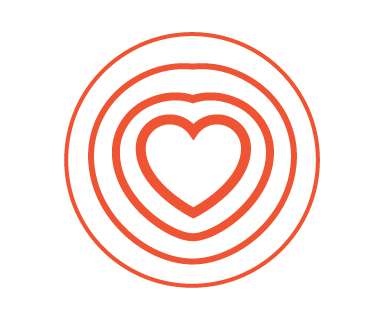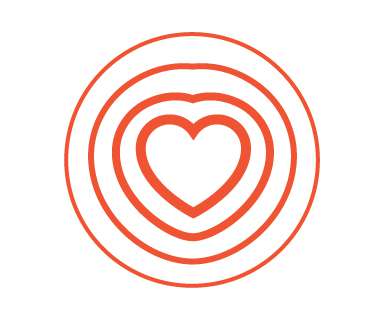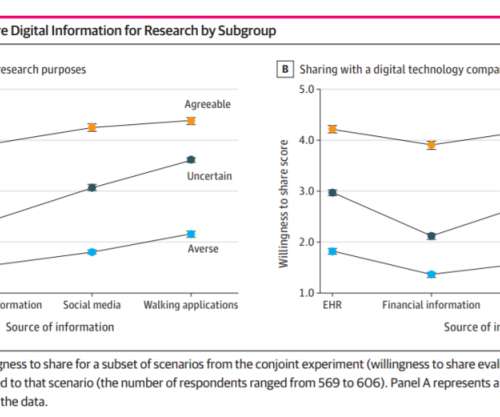The Pandemic Accelerated Consumers’ Digital Health Tech Ownership As Big Tech Morphs To Big Health
Health Populi
JUNE 10, 2021
The pandemic ushered in millions of peoples’ first digital health experiences, many of which will persist according to the 23rd Annual U.S. While connected fitness was gauged in 2019, the other three categories were new to the 2021 study. households owned an air purifier or a smart/connected health monitoring device.














Let's personalize your content